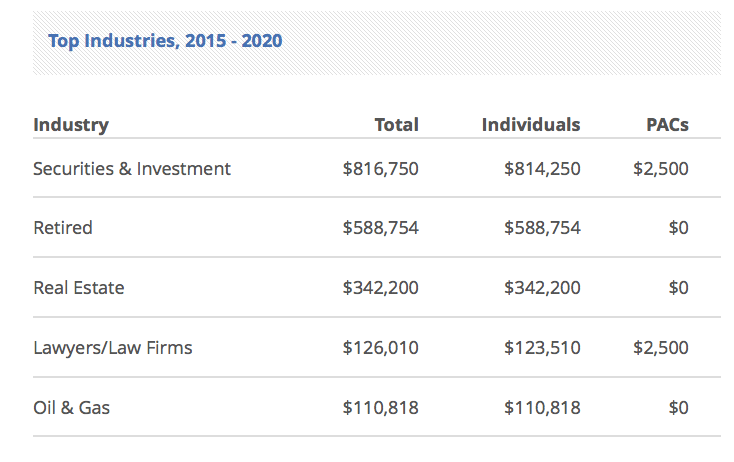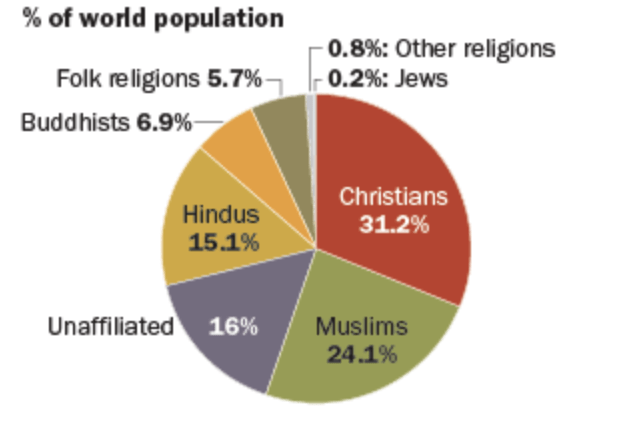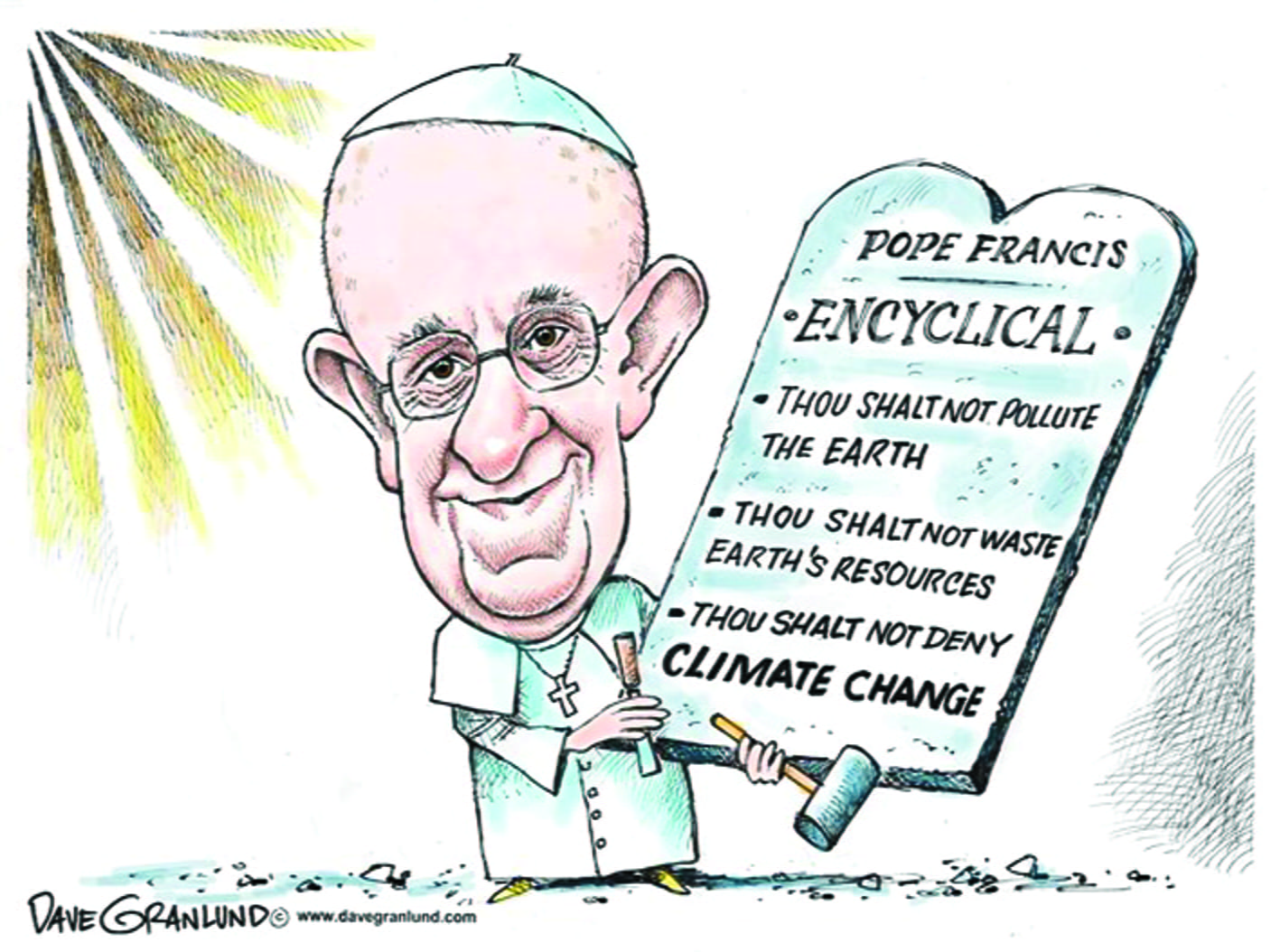During the break, I spent most of my time at home with my family and friends in the city, but on Thanksgiving, I went to my aunt’s house in Armonk, New York. In this video, I compiled videos and photographs of the opposing sceneries, as well as all the people (and pets) that make me feel at home, no matter where I am. Also, some of the city imagery I used is not from this past week, but it all occurred during this past semester.
Category Archives: Mid-term and Final Project
A “Bipartisan Climate Caucus” Means Nothing If It Stands For Nothing
As more and more Americans have come to recognize the existence of climate change, politicians on both sides of the aisle have decided to come together to create the “first bipartisan climate caucus” in order to protect their progeny (many of the members have children and/or grandchildren) as well as to deal with the current and upcoming economic repercussions related to climate change.
One member, Democratic Senator Jeanne Shaheen of New Hampshire shared that the state’s “ski industry is affected, our snowmobiling, our maple-sugaring industry. So many things that people can see”. It makes sense that she is appealing to her constituent’s fiscal concerns in order to “prove” why everyone should be concerned about climate change, but part of me also wonders if there is more she can say about why we all should care regardless of finances. I highly doubt that our world will be saved by a bunch of money-hungry, bureaucratic penpushers, but I will admit that appealing to the public’s greed might be a smart tactic, especially since the “crisis is threatening to cut the U.S. economy up to 10% by century’s end”.
Whatever the caucus’ intentions may be, they have been remarkably slow to implement any policies or even state their opinions since its creation, despite a scientifically-backed urgency for action in regards to climate change. The caucus’ is supposedly going to meet with CEOs of key companies as a first step, but it is unclear what they are going to ask for, or even say to them. Some members of the caucus are “pushing for a carbon tax”, but as Mitt Romney (who seems to be the Republican ringleader of the caucus) clearly states, “I’m not going to say any ‘have to’ with regards to climate. I think all the ideas will be on the table”.

We clearly have no more time left on this Earth for political shmoozing and maneuvering, especially from politicians who are funded by an industry with completely opposing interests to those of the climate justice movement (cough cough Mitt Romney). Other members of the caucus, such as Maine Senator Angus King, seem to agree with Romney’s position stating “my philosophy is let’s take small steps, [and] find some things we can succeed on”. That certainly does not sound like the words of a reliable, world-changing leader to me. I can literally feel this whole caucus’ hesitation and appalling lack of urgency from behind my screen, but the clock’s still ticking!
An Upcoming Environmental Crisis — and Evangelical Split?
In a world full of technological, medical and scientific advances, one might be surprised to learn that religion — societal concept conceived during a time when the common cold was a death sentence and freezing to death within one’s own home was a fully possible scenario — is still a defining presence within the present.
Then again, that “one” person who questions this represents an incredibly small percentage of the current world’s population — 16% to be exact. For this exact reason, religion and the state of our world must be considered in tandem if we are to resolve the current environmental crisis that has begun and only will continue to disastrously intensify and destroy whole countries, communities, and cultures.

I don’t declare this statement lightly — after all, I belong within that 16 percent, as an atheist. Frankly, I believe religion has no place within topics of great societal importance. such as political or economic policies — separation of Church and State is a thing after all — but desperate times call for desperate measures. In a time when report after report declares the Earth and its inhabitants as all basically doomed if carbon production and other climate change catalysts are not immediately halted on an unprecedented scale, I think we can take all the help we can get within the climate justice movement — as close to that 84 percent as we can reach.
While reading The Week’s feature article entitled “How does religion influence our thoughts on climate change?“, I was relieved to learn that a surprisingly large amount of religious organizations and its leaders have asserted that we have a crucial role to play in order to protect the Earth, rather than destroy it. This assertion is grounded in a distinct interpretation of a religious notion known as the “dominion mandate”, a notion that has sparked tension and debate over centuries and across religions. One version of dominion, the one which Pope Francis outlines within the Climate Encyclical, Laudato si’, categorizes humans as superior to non-human animals, but also acknowledges that this does not allow us the right to exploit natural resources without limit, regardless of profitability. Most other religious systems agree with this sentiment in some form or another, such as Buddhism (Bhutanese Buddhism specifically), Islam (except Wahhabism), and inherited cosmovision (autonomy of nature, collective rights to sacred lands, etc), a view held by indigenous peoples worldwide.

So why then is religion in countries such as America, Saudi Arabia and China attributed to climate change in such a negative form? Well, to put it simply, it all comes back to politics and greed.
All three of these countries are economic superpowers due in no small part to the fossil fuel industry, which relies on constant utilization (and therefore, destruction) of natural resources. They are also vastly religious nations, but their interpretation of the dominion mandate is markedly more fiscally motivated than it is environmentally friendly.
The inherent problem with religious texts in a modern world is that we are incredibly separated from its original source time-wise, so our interpretations and translations may not be quite as accurate and holy as is perceived. The passing of time always leaves room for information gaps, and we must question who was (and is) left in charge of filling in these blanks.
In America, white Christian evangelicals make up the majority of climate change deniers, whereas non-white evangelicals in the U.S., and evangelicals in other countries are much less likely to speculate on its credibility. It does not seem coincidental then, that this distinct faction of evangelicals, is one of disproportionately high socio-economic and -political status and influence.

It is clear to me that we must appeal to religious people if we want to see any real change within the climate justice movement. It is also clear that we must call out instances in which religion is skillfully inserted within political conversations by those who financially benefit from the fossil fuel industry (such as politicians themselves and their fiscal supporters). No matter how much they explain away their greedy practices and utter disregard for the implementations of environment protection, we owe it to ourselves to stand up for the land in which we inhabit. Regardless of whether we identify as a believer in the dominion mandate or not, as Buddhist or Christian, Republican or Democrat, American or Indonesian, you name it — we will not have an Earth left to inhabit if we don’t do something, and fast.
The Sixth Extinction
Humans have been exterminating the planet since the beginning of our existence, starting with wooly mammoths and other megafauna during the Ice Age. This is not normal. No other species has caused such large destruction to the Earth which houses us all. At present, the rate of extinction is 100 to 1,000 times higher than the natural rate due to our widespread CO2 usage, habitat destruction, and consumerism. In turn, this wave of extinctions (which is only the sixth mass extinction event in Earth’s history) has been coined the “Age of the Anthropocene”.
In the video below, I researched animals that have gone extinct or that are critically endangered in countries I personally have traveled to. Many of these animals were the once thought of as a defining factor in their native country’s history, such as the Scottish Wildcat, which can be found on various Scottish family crests throughout history, or the Golden Toad of Costa Rica, which was literally known as the “poster child of biodiversity” on the island.
Luckily, there are various conservation groups fighting to protect the last living members of endangered species (such as the Scottish Wildcat), and I have decided that from now on, when I travel, I will volunteer my time with these groups as much as I possibly can. We may not be able to save every species, but this is a man-made war on the world, so the least I can do is travel with purpose.
I also used the song “No One Cares” by Atreyu in the background. I think this is just one of those angsty songs that makes you feel angry and hurt no matter who you are. We cannot afford to stay apathetic while we discuss the pain and destruction we all contribute to as human beings, so I thought this was an apt song choice.
Song Credit:
Atreyu. “No One Cares.” Lead Sails Paper Anchor, John Feldmann, Hollywood Records, California, 28 Aug. 2007.